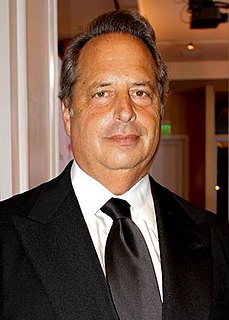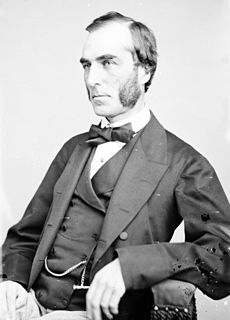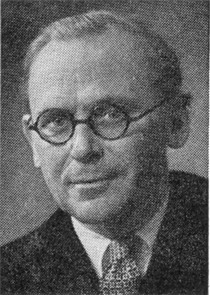A Quote by Kenneth Clark
Opera, next to Gothic architecture, is one of the strangest inventions of Western man. It could not have been foreseen by any logical process.
Related Quotes
Architecture traditionally has been the slowest of art forms. It was not unusual for great cathedrals to take centuries to complete, with stylistic changes from Romanesque to Gothic or Renaissance to Baroque as common as the addition of chapels or spires. But because the function remained the same, the form could be flexible and its growth organic.
No civilisation, not even that of ancient Greece, has ever undergone such a continuous and profound process of change as Western Europe has done during the last 900 years. It is impossible to explain this fact in purely economic terms by a materialistic interpretation of history. The principle of change has been a spiritual one and the progress of Western civilisation is intimately related to the dynamic ethos of Western Christianity, which has gradually made Western man conscious of his moral responsibility and his duty to change the world.
But of all other stupendous inventions, what sublimity of mind must have been his who conceived how to communicate his most secret thoughts to any other person, though very far distant either in time or place? And with no greater difficulty than the various arrangement of two dozen little signs upon paper? Let this be the seal of all the admirable inventions of man.
If we could understand the full significance of a woman's hat we could prophesy her clothes for the next year, the interior decoration of the next two years, the architecture of the next ten years, and we would have a fairly accurate notion of the pressures, political, economic and religious that go to make the shape of an age.


































